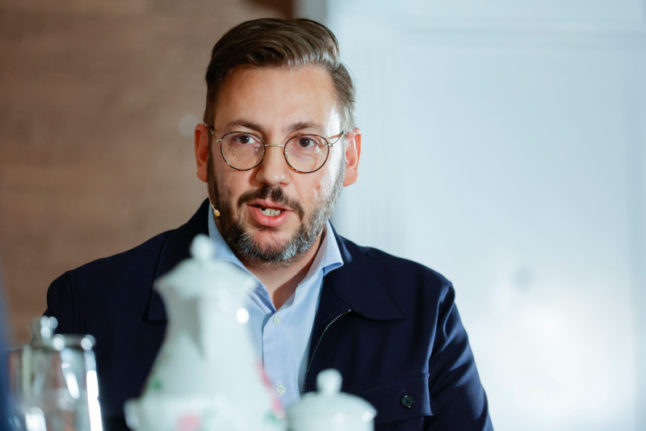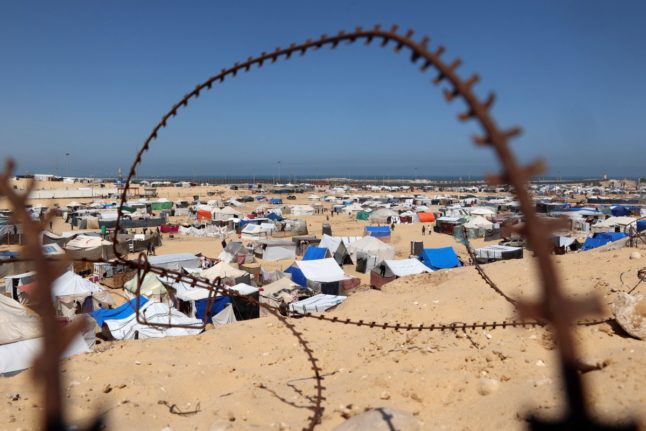Demirok, a newly elected member of parliament and former deputy mayor in the city of Linköping, will be formally voted in as party leader at a conference on February 2nd. In theory party members could vote for someone else, but in practice it is always the candidate suggested by the election committee who wins.
He will succeed Annie Lööf, who announced four days after Sweden’s September election that she would be stepping down as leader of the party she has led since 2011.
Lööf grabbed headlines a few years ago when her party – at the cost of supporting the centre-left Social Democrats despite fundamental disagreements on economic issues – broke from its former allies on the right over their support for the far-right Sweden Democrats.
At a press conference announcing her resignation, Lööf said that her decision had been partly influenced by the threats she has faced.
Last summer she was an intended target of a suspected terror attack at Sweden’s Almedalen political festival, with the extreme-right perpetrator instead fatally stabbing a senior Swedish psychiatrist.
With its 24 seats, the Centre Party is a relatively small party in the Swedish parliament, but as a party that sits in – as the name suggests – the centre of Swedish politics, it has often held the role of kingmaker in recent years, although after the 2022 election it ended up on the losing side.
Although there have been no indications that Demirok is considering taking the party down a radically different path in the future, the leadership change “matters because in a sense the Centre Party holds the balance of power”, The Local’s publisher James Savage recently told the Sweden in Focus podcast.
“If the Centre Party were to choose, for example, the centre-right government, then that would give that government a much stronger mandate and much greater flexibility. Conversely if the Social Democrats were to lose the support of the Centre Party then that would make it much, much harder for them to form a government in the immediate or medium term,” he explained.
LISTEN: The Local’s panelists chat about the Centre Party leadership contest in the Sweden in Focus podcast



 Please whitelist us to continue reading.
Please whitelist us to continue reading.
Member comments